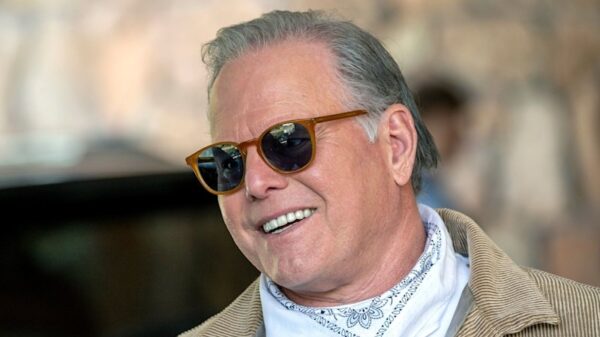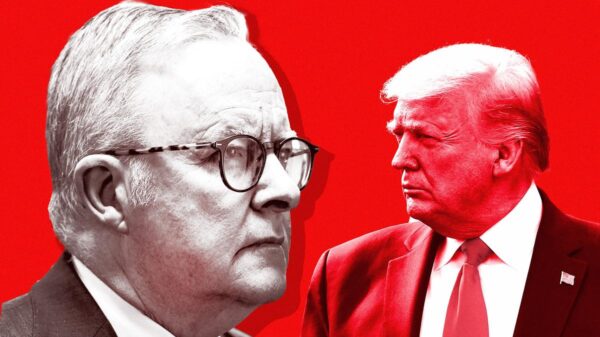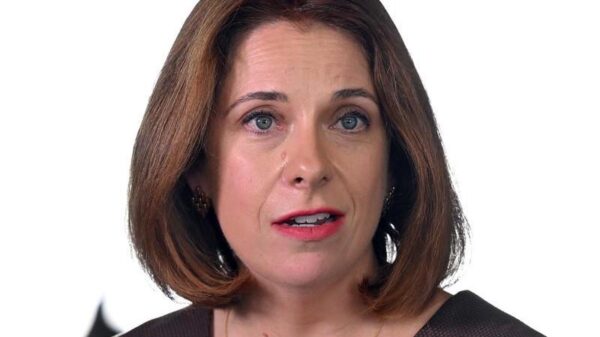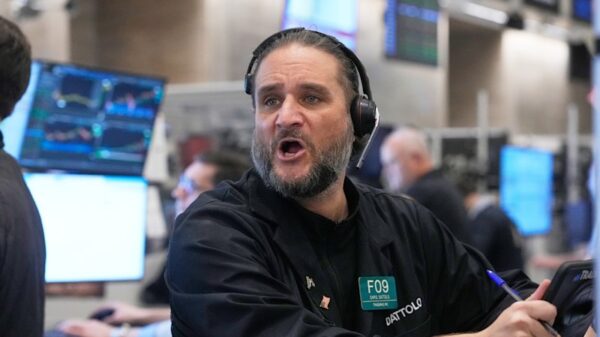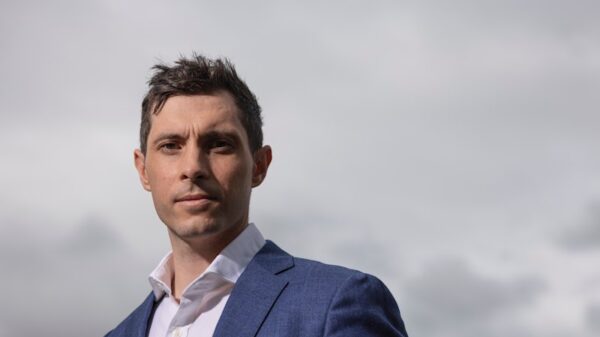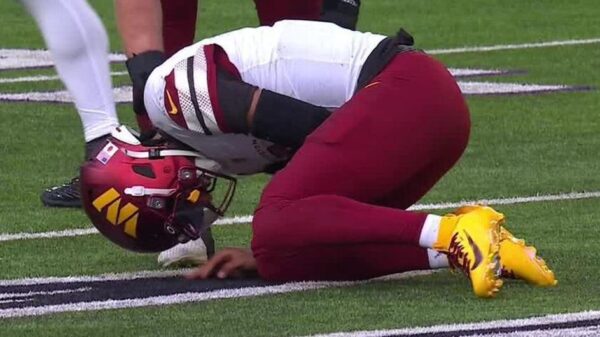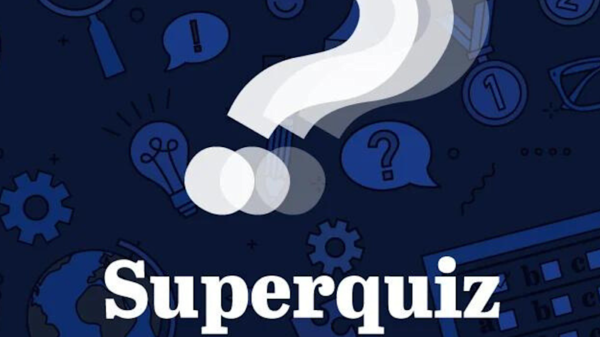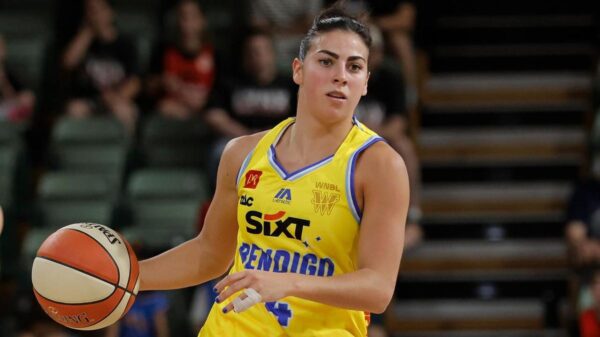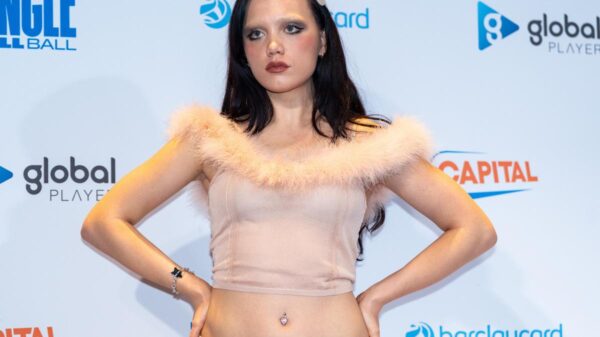In the wake of the jury’s verdict in Sean “Diddy” Combs’s federal court case, a video surfaced showing enthusiastic supporters outside the Manhattan courthouse. The gathering, which included fans cheering and celebrating, followed Combs being found not guilty on charges of racketeering and sex trafficking. Instead, the jury convicted him on two counts of transportation to engage in prostitution, marking a significant reduction in potential jail time. After a lengthy trial, the jury announced its decision on July 4, 2024. Combs is scheduled for sentencing in October.
Despite the convictions, the mood outside the courthouse indicated a sense of victory among his supporters. Many chanted phrases like “free Diddy,” reflecting their belief that the more serious charges should have been dismissed entirely. Their reactions illustrate a complex relationship between fans and celebrities, particularly when legal troubles arise.
Understanding Fan Loyalty
According to Dr. Bertha Chin, a senior lecturer in media and cultural studies at Singapore National University, the phenomenon of loyal fandom often transcends casual appreciation. Fans may feel a deep, reciprocal connection to artists, termed a “parasocial relationship.” This connection can motivate fans to support an artist even amidst scandal.
Dr. Chin noted that in the current media landscape, celebrities actively engage with their audiences, enhancing these relationships. “Artists are promoting their latest projects while fans see themselves represented,” she explained. This dynamic can lead to blurred lines, where fans may defend their idols while overlooking problematic behavior.
“There’s ongoing debate about whether fans should separate the creator from the art,” Dr. Chin added. Some fans manage this separation better than others, finding it challenging to reconcile personal admiration with actions that may be considered illegal or unethical.
Historical Context of Artist Support
The loyalty displayed by Combs’s fans is not an isolated case. The day before his verdict, thousands of music enthusiasts lined up at Hampden Park in Glasgow to see Chris Brown perform live. Brown’s history includes a felony assault conviction related to his 2009 attack on then-girlfriend Rihanna. Despite this, many fans expressed ignorance of his past legal troubles or claimed he had changed as a person.
Dr. Chin noted that both Combs and Brown embody hyper-masculine traits that resonate with certain fan demographics. “Artists attract specific followings based on their branding,” she explained. Fans often gravitate towards these personas, reflecting their own aspirations or identities.
Following his trial, Combs was denied bail and will remain incarcerated until his sentencing. He faces an uncertain future, compounded by the 66 civil lawsuits against him, which include allegations of sexual assault, false imprisonment, and battery.
While the maximum sentence for Combs’s convictions could reach ten years, legal experts believe the prosecution’s recommendations suggest a prison term closer to five years. His legal team argues for a sentence of no more than two years, considering the time he has already served.
Evan Nierman, CEO of crisis public relations firm Red Banyan, expressed optimism about Combs’s prospects. He believes the verdict allows Combs a chance to rebuild his public image. “This is a very positive outcome overall for him,” Nierman stated. “It gives him an opportunity to try to move forward.”
As Combs prepares for sentencing, he remains in the public eye, with many fans eager to support him. The complexity of the relationship between artists and their followers continues to evolve, particularly as fans navigate their feelings about legal and ethical challenges faced by those they admire.










